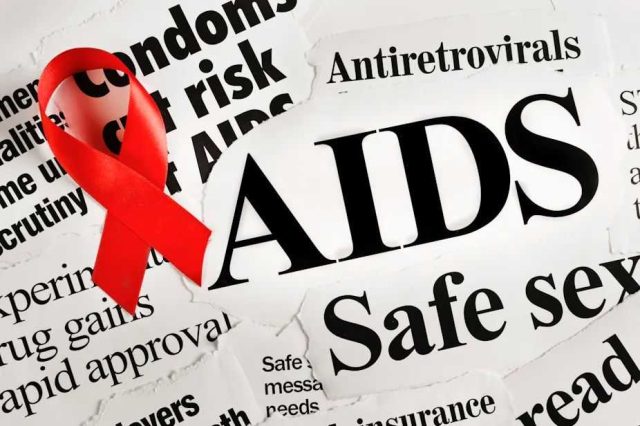Ghana continues to grapple with a significant public health challenge as new data reveals that 50 people are infected with HIV every day.
This alarming statistic underscores the urgent need for heightened awareness and intervention to curb the spread of the virus.
Recent figures released by the Ghana AIDS Commission indicate that the majority of new infections occur among individuals aged 15 to 49, the core of the country’s economically active population. These insights were shared during the release of the 2023 national and sub-national HIV and AIDS estimates and projections.
Current State of HIV/AIDS in Ghana
As of 2023, Ghana has 334,095 people living with HIV/AIDS. Distressingly, this includes 17,550 children under the age of 15. The year has seen 17,774 new infections, with 1,698 among children and 16,076 among adults over 15 years old.
Despite efforts to combat the epidemic, the number of people living with HIV continues to grow. However, there has been a noted decline in the prevalence of HIV infections and AIDS-related deaths. While this is a positive trend, experts caution that it is insufficient to meet national and international targets for HIV/AIDS reduction.

A Call to Action
A particularly troubling aspect of the HIV epidemic in Ghana is the estimation that more than 218,000 people living with HIV are unaware of their status. This highlights a critical gap in the country’s healthcare system, where many individuals are not accessing testing services that could lead to early diagnosis and treatment.
Public health officials urge all Ghanaians to get tested regularly, practice safe sex, and seek appropriate medical care. Increasing awareness and education about HIV prevention and treatment is vital in reducing new infections and improving the quality of life for those living with the virus.

Background:
HIV/AIDS remains a major health concern in Ghana, mirroring trends seen across sub-Saharan Africa. Since the first cases were reported in the early 1980s, the virus has claimed thousands of lives and affected countless families.
In response, the Ghanaian government and various non-governmental organizations have implemented numerous initiatives aimed at prevention, testing, and treatment.
Despite these efforts, stigma and discrimination continue to hinder progress. Many individuals are reluctant to get tested or seek treatment due to fear of social ostracism. This barrier is particularly pronounced among young people, who represent a significant portion of new infections.
Looking Ahead
Addressing the HIV epidemic in Ghana requires a multifaceted approach. Expanding access to testing, improving education about safe sex practices, and ensuring that those diagnosed with HIV receive timely and effective treatment are all critical components.
Additionally, tackling the stigma associated with HIV/AIDS is essential to encourage more individuals to come forward for testing and support.
As the country strives to meet its health targets, the message is clear: Get tested, practice safe sex, and stay informed.
The fight against HIV/AIDS is far from over, but with concerted effort and community engagement, progress can be made.
Click this link to watch a full explainer on this:
By Enyonam Haligah
















